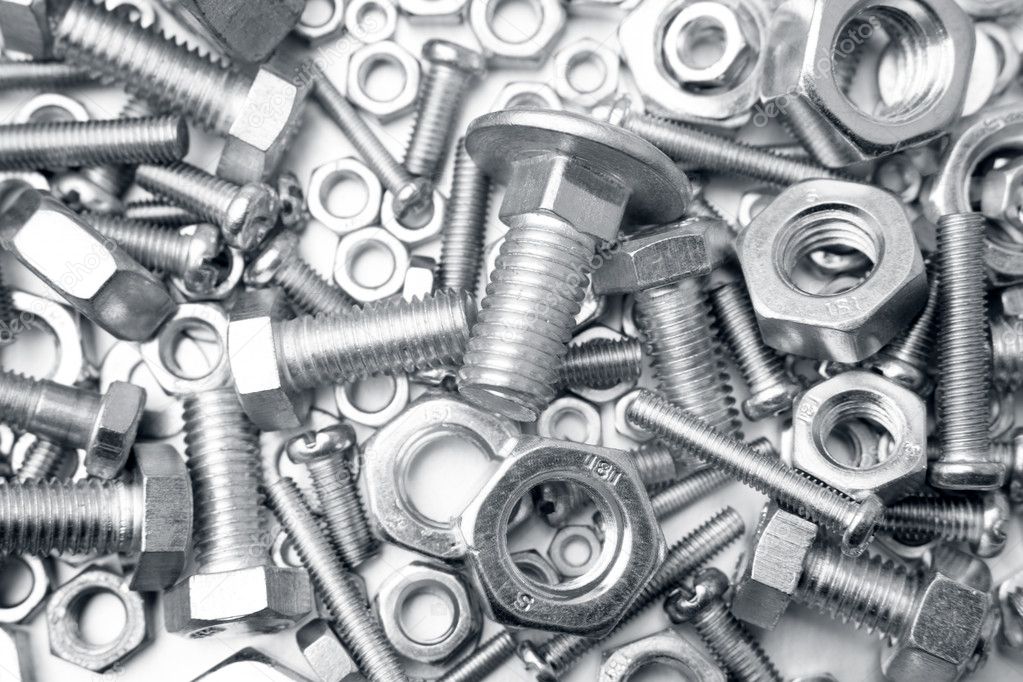What to Look for When Acquiring Nuts and Bolts

When it comes to construction projects, automotive repairs, and renovation projects, the importance of picking the appropriate hardware is crucial. These basic hardware are essential in ensuring the integrity and protection of your projects, whether you are putting together a deck, repairing a vehicle, or engaging in a home improvement task. Yet, with a vast array of options available, understanding what to look for when purchasing fasteners is crucial for achieving the optimal outcomes.
The following guide aims to provide you with a thoroughly detailed overview of the diverse categories of nuts and bolts, along with suggestions on how to choose the right fastener for your particular requirements. From the widely used bolt types to the various materials and coatings available, we will discuss the factors that contribute to your decision of hardware. Whether you’re a professional contractor or a novice, arming yourself with this knowledge will enable you to make wise choices and guarantee the achievement of your projects.
Comprehending Nuts and Bolts
Fasteners are crucial fasteners that secure materials together, creating the core of numerous building and repair projects. They exist in different shapes, sizes, and substances, each crafted to fulfill particular needs. The basic principle behind nuts and bolts lies in their power to create a strong connection by using the threaded shaft of a bolt, which is paired with a corresponding nut that can be fastened or loosened as needed.
Different types of nuts and bolts fulfill distinct purposes. For instance, hex bolts are commonly used in robust applications due to their strength, while carriage bolts are best for projects requiring a smooth finish. In https://diigo.com/0zhh8a , lag bolts are popular for fastening wood, particularly in construction. Understanding these differences is essential for selecting the correct fastener for a project, providing security and longevity in the completed construction.
Furthermore, substances and finishes play a significant role in the functionality of nuts and bolts. Metal is the most commonly used material, but options like brass and titanium are offered for unique applications. Rust-resistant finishes, such as coated coatings, can prolong the lifespan of fasteners in exterior or high-moisture environments. By understanding the types and features of fasteners, consumers can make informed choices to boost the quality and durability of their projects.
Substances and Coatings
When choosing nuts and bolts, the substances they are made from play a critical role in dictating their performance and durability. Metal is the most commonly used substance due to its strength and versatility. However, there are various types of steel, including carbon-based steel and alloy steel, each suited for specific applications. For environments that require resistance to rust and corrosion, corrosion-resistant steel is an excellent option, offering durability and longevity even in harsh conditions.
Coatings are also important as they can enhance the performance of nuts and bolts. Zinc coating is a popular choice as it provides a layer of protection against corrosion while maintaining a neat appearance. Galvanization, a more durable coating, involves dipping steel parts in liquid zinc, offering even resistance to the elements. For https://thuesenstevens5.livejournal.com/profile , such as in marine environments, a coating that can withstand saltwater corrosion is essential, making materials like bronze or coatings specifically designed for marine use important considerations.
Understanding the variations in materials and their coatings can help you choose the right fasteners for your project. For instance, while titanium fasteners are light and corrosion-resistant, they can be significantly more expensive than their steel counterparts. Choosing the right substance and coating not only ensures the integrity of the assembly but also enhances the cost-effectiveness and longevity of your project.
Fastener Insights and Evaluations
When purchasing fasteners, understanding the various types and their applications is crucial. Start by assessing whether you need metric or imperial system fasteners. Both systems are widely utilized, but choosing the right one is essential for compatibility with your projects. Additionally, get acquainted with specific grades of bolts and specifications, as these influence the strength and appropriateness for different applications, from large-scale building to everyday tasks.

Next, evaluate the materials and finishes of the fasteners. Stainless steel fasteners are often recommended for outdoor use due to their corrosion resistance, while zinc-plated options may be appropriate for indoor projects. If your application requires a unique finish for additional strength and longevity, explore choices like galvanization or custom coatings. Evaluate the environmental conditions the fasteners will encounter, as this can greatly impact their performance and lifespan.
Lastly, keep a list handy while buying nuts and bolts. Measure the dimensions precisely, review compatibility with additional parts in your task, and ensure that the nuts fit securely to the bolts. A diverse selection of options might lead to uncertainty, but sticking to your project requirements and understanding the differences in thread types, lock nuts, and specialty fasteners will aid you make informed choices at all times.
